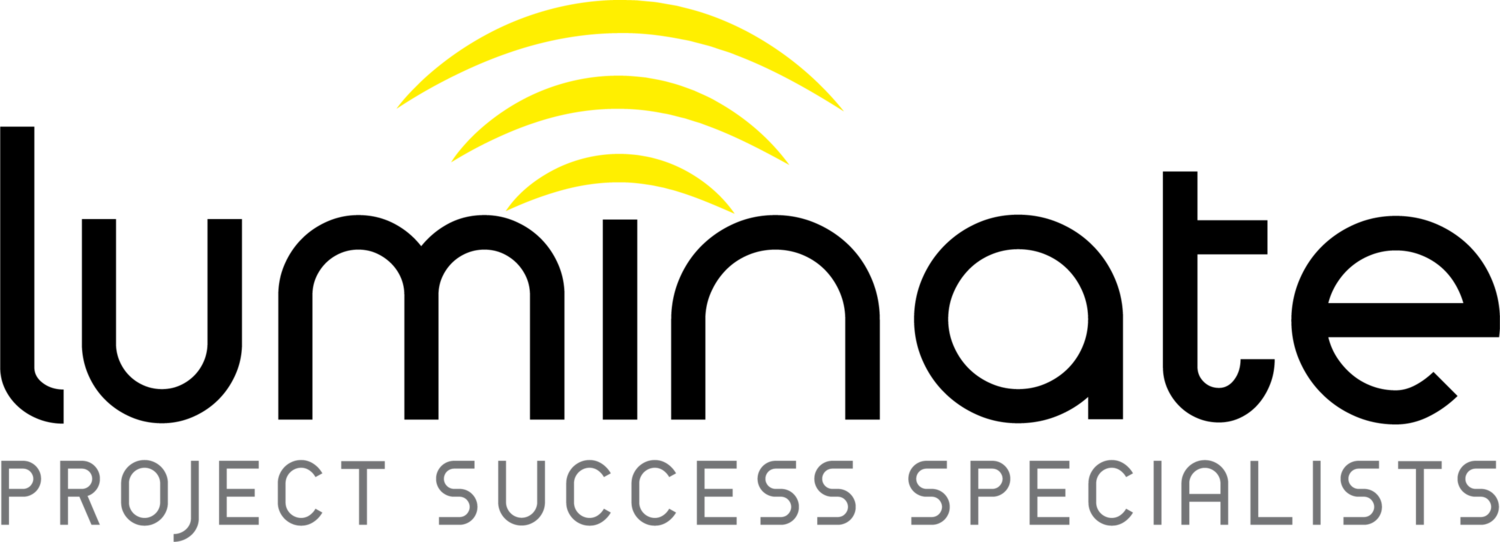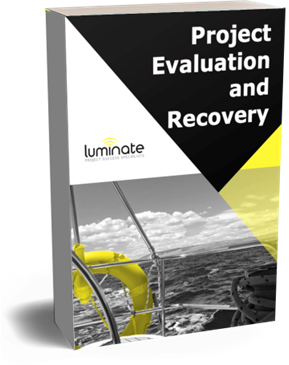I recently had to (re)sit through the film Titanic with my kids. When the ship sank, it was one of the most spectacular project failures of the last two centuries. It got me thinking – what went wrong? Was it the lack of lifeboats, unsafe ship design and a rather large iceberg? Or did the captain also ignore early warning signs that they were going too fast? Did he fail to give importance to the massive amounts of ice surrounding him, focusing on nothing but the speed to satisfy the owners of White Star Line? Captain Smith perished at sea with 1500 others, so we will never know exactly what was going through his head. But it does get you thinking about the value of paying attention to early warnings.
Don’t ignore the red flags
Gut feelings are never baseless – they come from observed patterns and years of experience. Unfortunately, when there’s no concrete proof that something’s wrong, people will often ignore the signs – especially if acknowledging the problem will cause disruptions.
You know the scenario – the PM has a sixth sense that the project is going off the rails, but they don’t have all the facts. When they try to tell their steering committee something is wrong, they’re reassured that it’s all fine, to ignore their gut and keep going. Three months on, that gut feeling turns out to be on the money, the project has racked up another million dollars, and they’re way past the deadline.
Think you have a perfect plan? You don’t
The Titanic was touted as ‘unsinkable’, and this perception was a major problem. If people hadn’t been convinced it was perfect, they may have noticed the very real design flaws and packed a few more lifeboats.
When something feels off, PMs need to forget the dream of a flawless plan and have the courage to act – even if it means holding senior people to account or admitting they made a mistake. If they can convince the steering committee of the warning signs, sponsors can commission an independent evaluation and avoid major hiccups. It may be painful in the short term but avoids much more pain down the track.
Trust but verify — with a project fitness test
Let’s get back to Captain Smith of the Titanic debacle. I can imagine his crew told him something felt off, but he ignored them because of his unshakeable belief in the ship. But what if a third party had come in and smacked him over the head with a photo of the iceberg? Things may have turned out a bit differently. You can dodge an iceberg, but only if you know it is coming – an independent voice evaluating the project will help cut through.
Save money
It’s almost impossible to change course at the last second when you’re going full steam ahead. For the Titanic, this was deadly. For PMs, it’s costly. Regular project fitness tests will speak with the crew and scan the horizon, ensuring any minor issues or risks don’t become expensive problems.
Dodge the iceberg
The cost of an audit is like paying for cruise control. Even a one-week slip in your timeline can blow the budget. With pre-scheduled inflight reviews, you’re protected against schedule and budget blowouts before it’s too late.
Get quality assurance
Get a drone shot of your ship’s sailing route and a weather report. Project assurance checks make sure the work you’re doing is taking you in the right direction to achieve your goals.
When you’re too close to a project, it’s almost impossible to look at it objectively – there’s always a bias, even if you think there’s not. The people who got you into a mess aren’t the ones who will get you out of it. Fitness tests need to be done by external parties to avoid over optimism and hidden agendas.
Intuition – a finger in the wind
Instinctively knowing something is wrong is a powerful tool in decision-making, but it can’t be relied on completely. It’s important to balance gut feelings with careful analysis so you always base your decisions on facts.
We help our customers by providing independent evaluation. We approach each situation with an open mind, critical thinking and a healthy dose of scepticism. Defusing emotion with facts, so you can restore confidence to your stakeholders and control to the project … allowing you as sponsor to get back to your day job.


